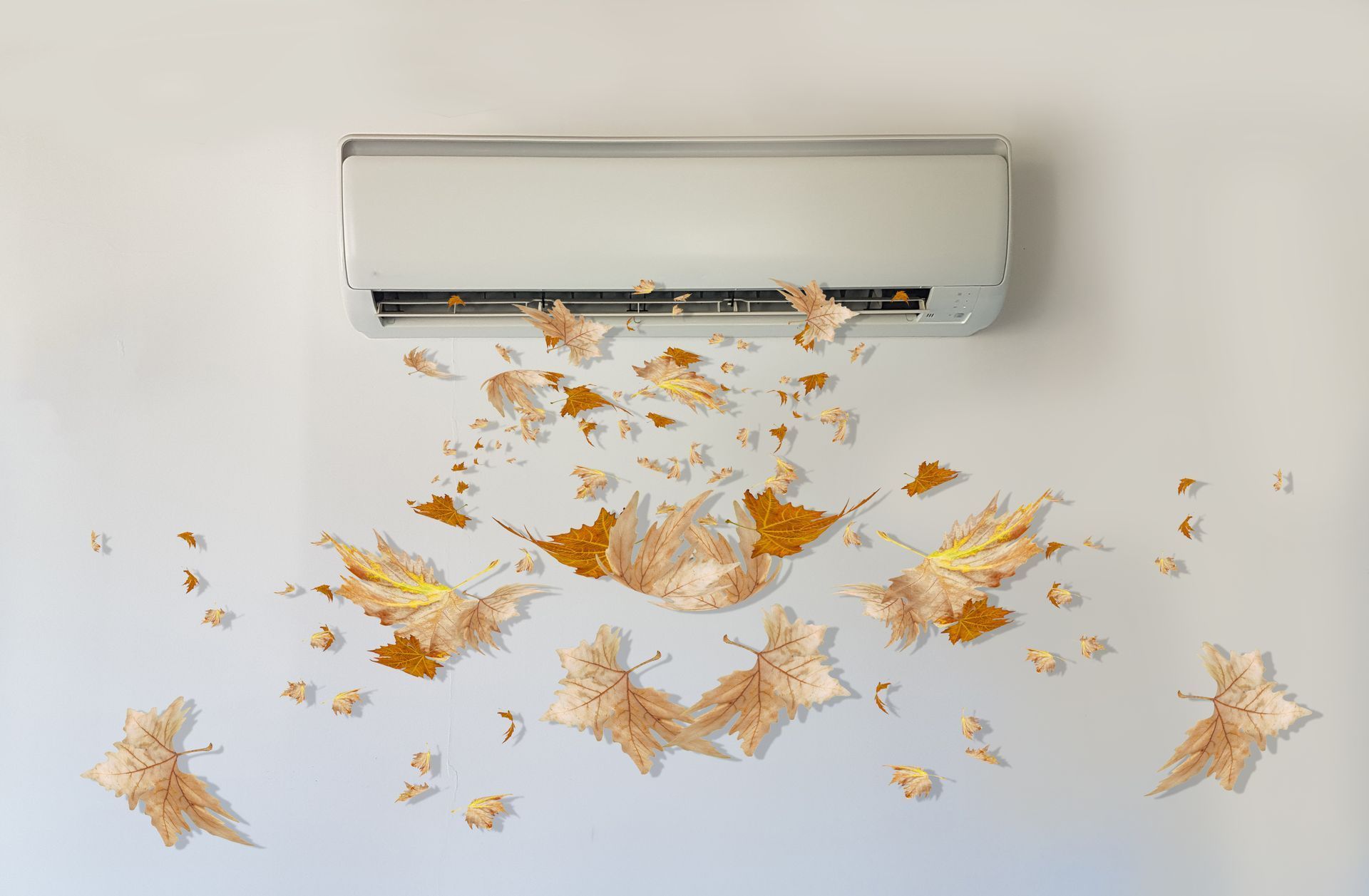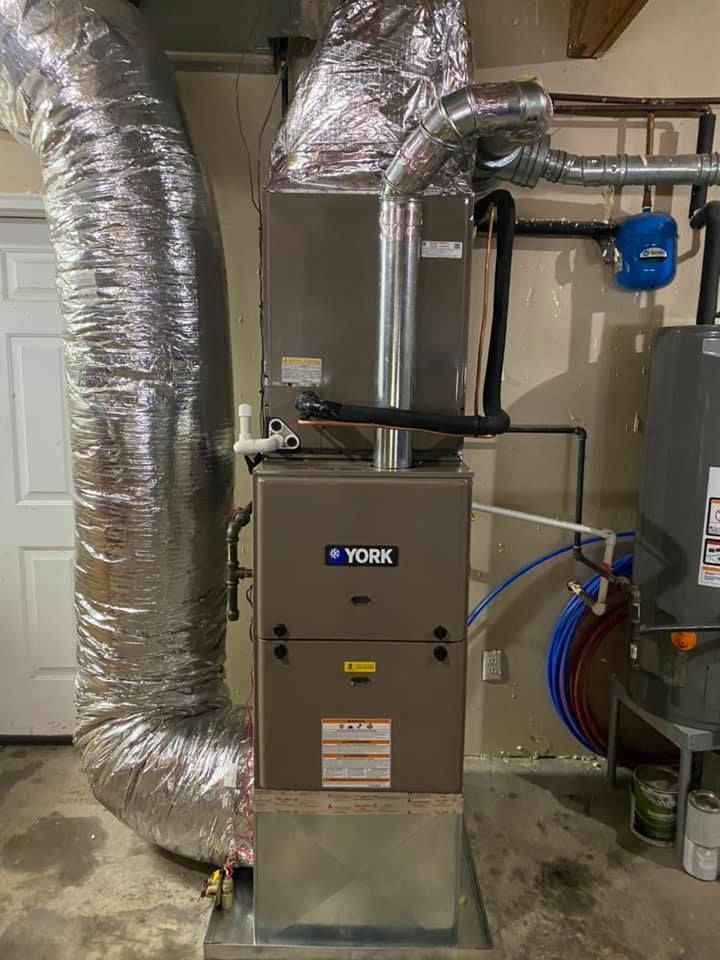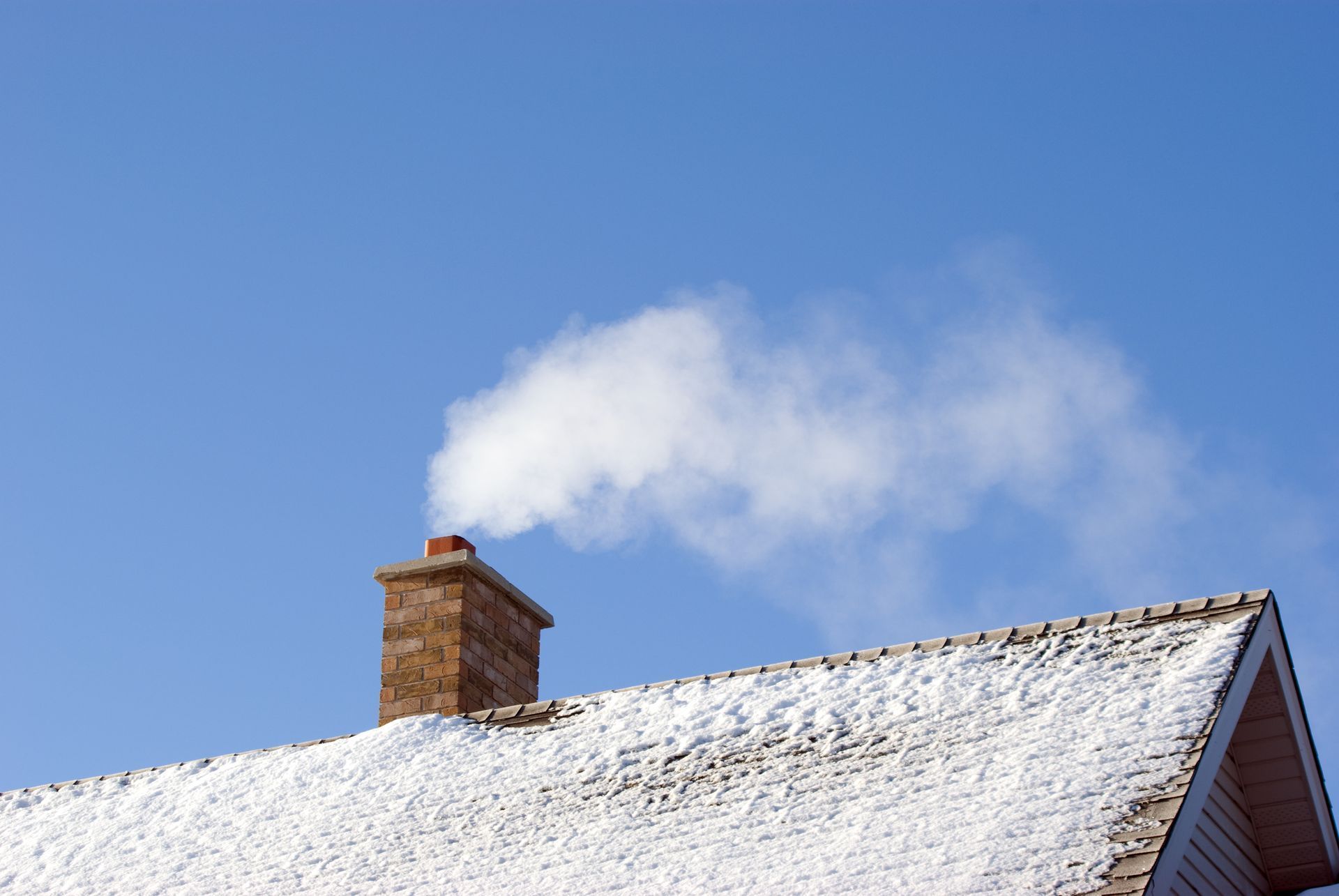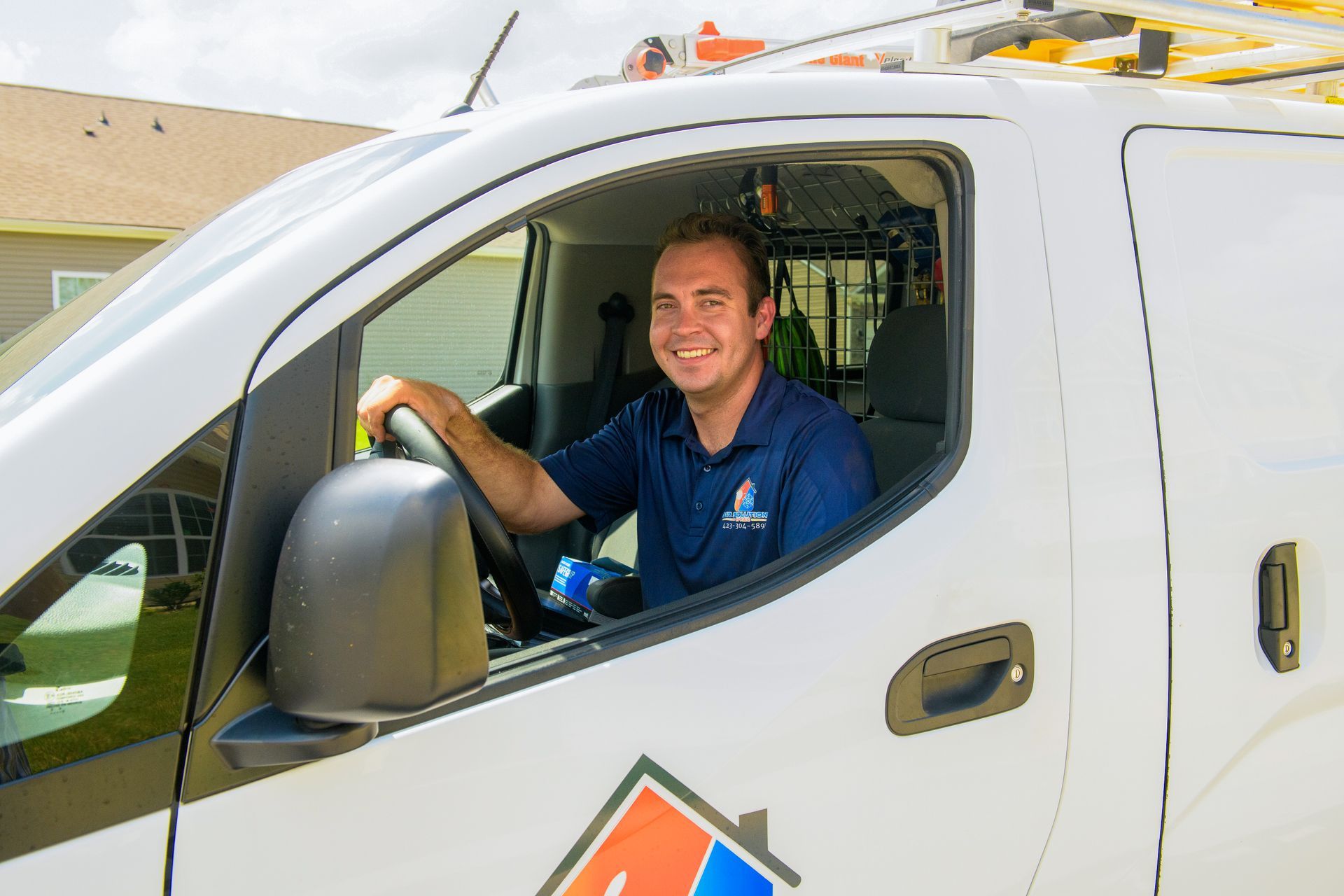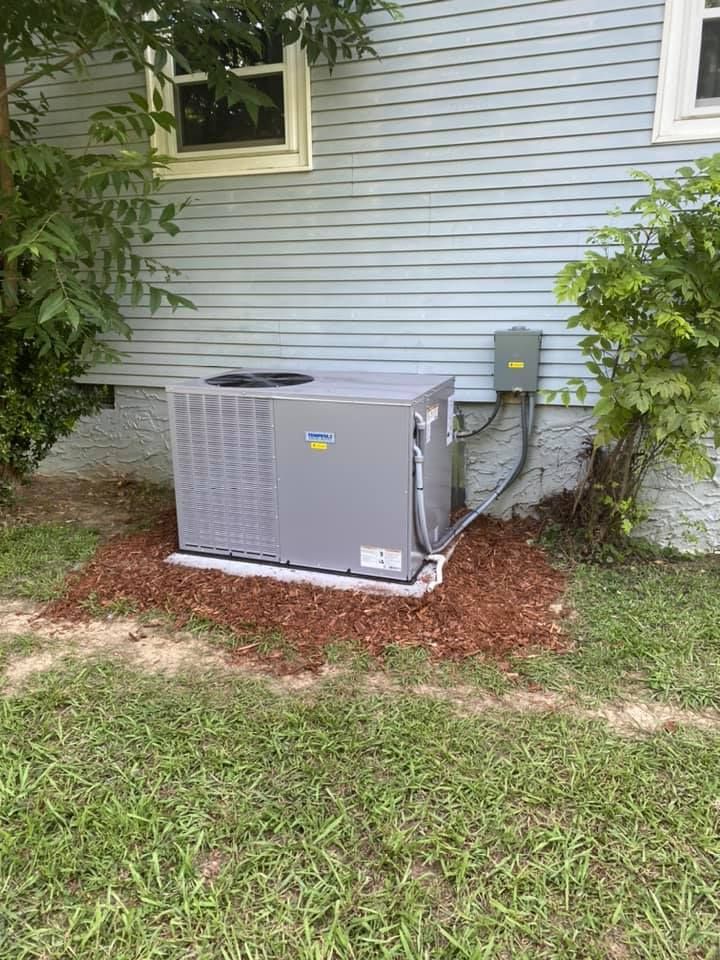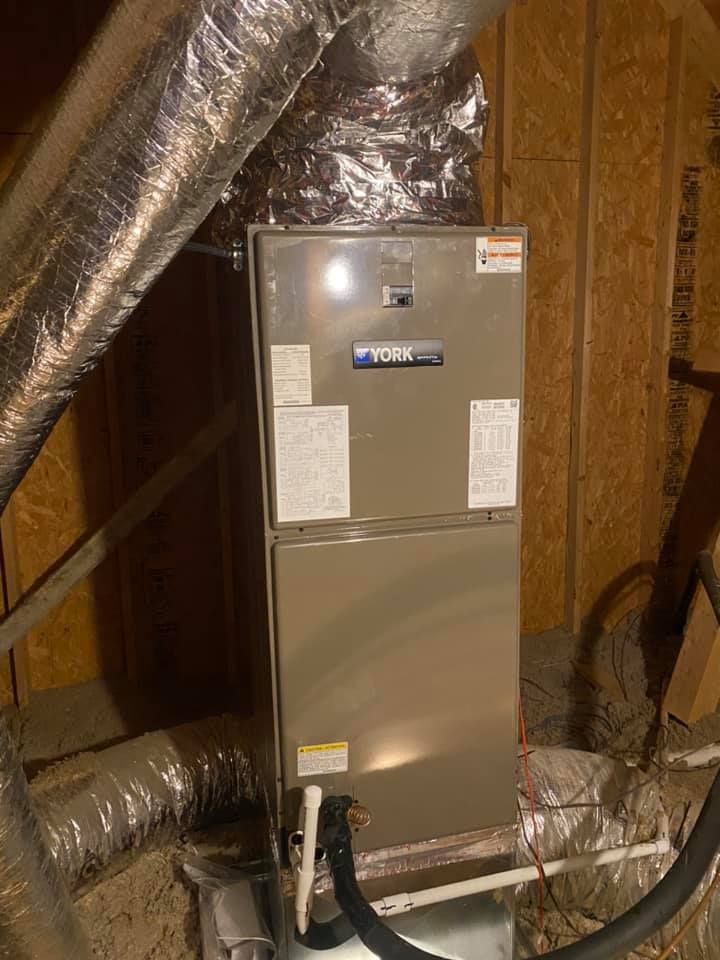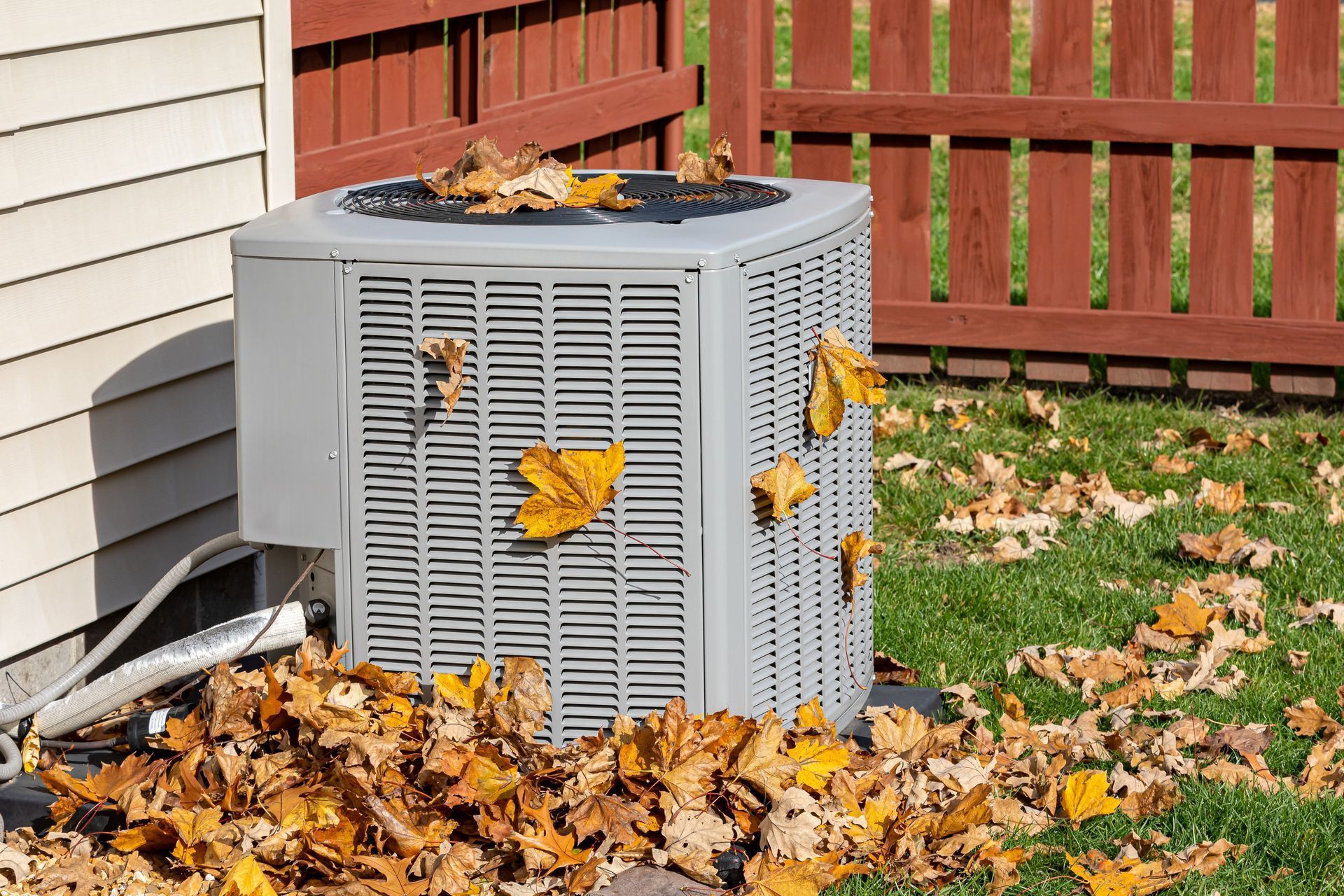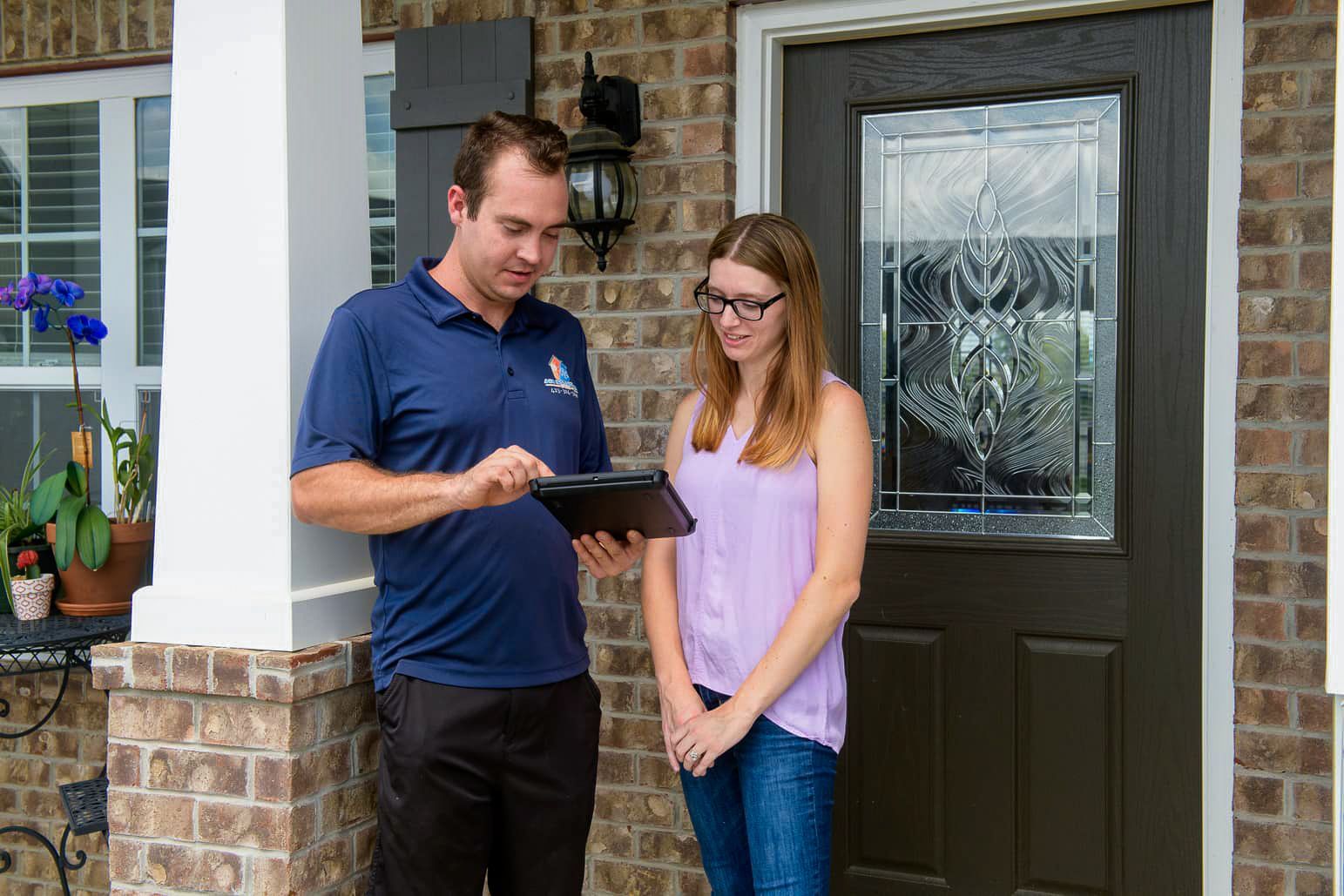Winter HVAC Maintenance Tips to Keep Your Home Warm and Cozy!
As winter temperatures drop, ensuring your home stays warm and comfortable becomes a top priority. A well-maintained HVAC system is crucial to achieving this, but without proper care, even the most reliable heating systems can struggle to keep up. With a few simple maintenance steps, you can optimize your HVAC system's performance, reduce energy costs, and avoid mid-winter breakdowns.
First, schedule a professional HVAC tune-up before the cold season sets in. An annual inspection ensures your system is operating efficiently and safely. Technicians check critical components such as filters, thermostats, ductwork, and safety systems, addressing any potential issues before they become costly repairs. Regular professional maintenance is an investment that pays off in reliability and energy savings.
Changing or cleaning your HVAC filters is another essential task. Dirty filters can restrict airflow, strain your system, and reduce efficiency. Make it a habit to inspect filters monthly during winter and replace or clean them as needed. Choosing the right filter for your system also makes a big difference in maintaining good airflow and indoor air quality.
Optimizing your thermostat settings is another way to keep your home cozy without overworking your HVAC system. Setting your thermostat to an ideal winter temperature—around 68 degrees Fahrenheit when you're home—balances comfort and energy efficiency. Using a programmable or smart thermostat allows you to adjust temperatures automatically, reducing energy usage when you're asleep or away.
Inspecting and sealing your ductwork is crucial for preventing heat loss. Leaky ducts can cause warm air to escape, forcing your HVAC system to work harder. Look for visible leaks and seal them with duct tape or mastic sealant, or consider hiring a professional for a thorough inspection and cleaning. Keeping vents and registers clean and unobstructed also improves airflow and ensures even heating throughout your home.
Winter is also a good time to test your carbon monoxide detectors. A malfunctioning heating system can release dangerous levels of carbon monoxide, so it’s essential to ensure your detectors are working correctly. Replace batteries regularly and check expiration dates on the device itself for added peace of mind.
To maximize your HVAC system's efficiency, focus on improving your home's insulation. Proper insulation minimizes heat loss, reducing the strain on your heating system. Check key areas such as your attic, windows, and doors, and invest in cost-effective upgrades like weatherstripping or additional insulation to keep the warmth inside.
If you have an outdoor HVAC unit, such as a heat pump, make sure it’s clear of debris. Snow, leaves, and ice can block airflow and reduce efficiency. Keep the area around the unit clean and free of obstructions to allow it to operate at its best. Additionally, monitor your energy bills throughout the season for any unusual spikes, which could indicate inefficiency or system issues. Addressing these early can prevent larger problems later.
Lastly, plan for emergencies. Have a backup heating plan, such as portable space heaters or extra blankets, in case your HVAC system fails. Keep contact information for a trusted HVAC professional handy, and be vigilant for signs of trouble, such as unusual noises or uneven heating. Acting quickly can save you from uncomfortable or costly situations. By following these winter HVAC maintenance tips, you can ensure your home remains warm, cozy, and energy-efficient all season long. A little proactive care goes a long way in preventing problems and maximizing your system’s performance, allowing you to enjoy the comfort of your home without worry.
Changing or cleaning your HVAC filters is another essential task. Dirty filters can restrict airflow, strain your system, and reduce efficiency. Make it a habit to inspect filters monthly during winter and replace or clean them as needed. Choosing the right filter for your system also makes a big difference in maintaining good airflow and indoor air quality.
Optimizing your thermostat settings is another way to keep your home cozy without overworking your HVAC system. Setting your thermostat to an ideal winter temperature—around 68 degrees Fahrenheit when you're home—balances comfort and energy efficiency. Using a programmable or smart thermostat allows you to adjust temperatures automatically, reducing energy usage when you're asleep or away.
Inspecting and sealing your ductwork is crucial for preventing heat loss. Leaky ducts can cause warm air to escape, forcing your HVAC system to work harder. Look for visible leaks and seal them with duct tape or mastic sealant, or consider hiring a professional for a thorough inspection and cleaning. Keeping vents and registers clean and unobstructed also improves airflow and ensures even heating throughout your home.
Winter is also a good time to test your carbon monoxide detectors. A malfunctioning heating system can release dangerous levels of carbon monoxide, so it’s essential to ensure your detectors are working correctly. Replace batteries regularly and check expiration dates on the device itself for added peace of mind.
To maximize your HVAC system's efficiency, focus on improving your home's insulation. Proper insulation minimizes heat loss, reducing the strain on your heating system. Check key areas such as your attic, windows, and doors, and invest in cost-effective upgrades like weatherstripping or additional insulation to keep the warmth inside.
If you have an outdoor HVAC unit, such as a heat pump, make sure it’s clear of debris. Snow, leaves, and ice can block airflow and reduce efficiency. Keep the area around the unit clean and free of obstructions to allow it to operate at its best. Additionally, monitor your energy bills throughout the season for any unusual spikes, which could indicate inefficiency or system issues. Addressing these early can prevent larger problems later.
Lastly, plan for emergencies. Have a backup heating plan, such as portable space heaters or extra blankets, in case your HVAC system fails. Keep contact information for a trusted HVAC professional handy, and be vigilant for signs of trouble, such as unusual noises or uneven heating. Acting quickly can save you from uncomfortable or costly situations. By following these winter HVAC maintenance tips, you can ensure your home remains warm, cozy, and energy-efficient all season long. A little proactive care goes a long way in preventing problems and maximizing your system’s performance, allowing you to enjoy the comfort of your home without worry.
Let’s Get Your HVAC System Running Like New!
Why wait? Whether you need a repair, replacement, or maintenance, Air Solutions Heating & Cooling is ready to help. Call today for expert AC repair in Chattanooga, TN and beyond!
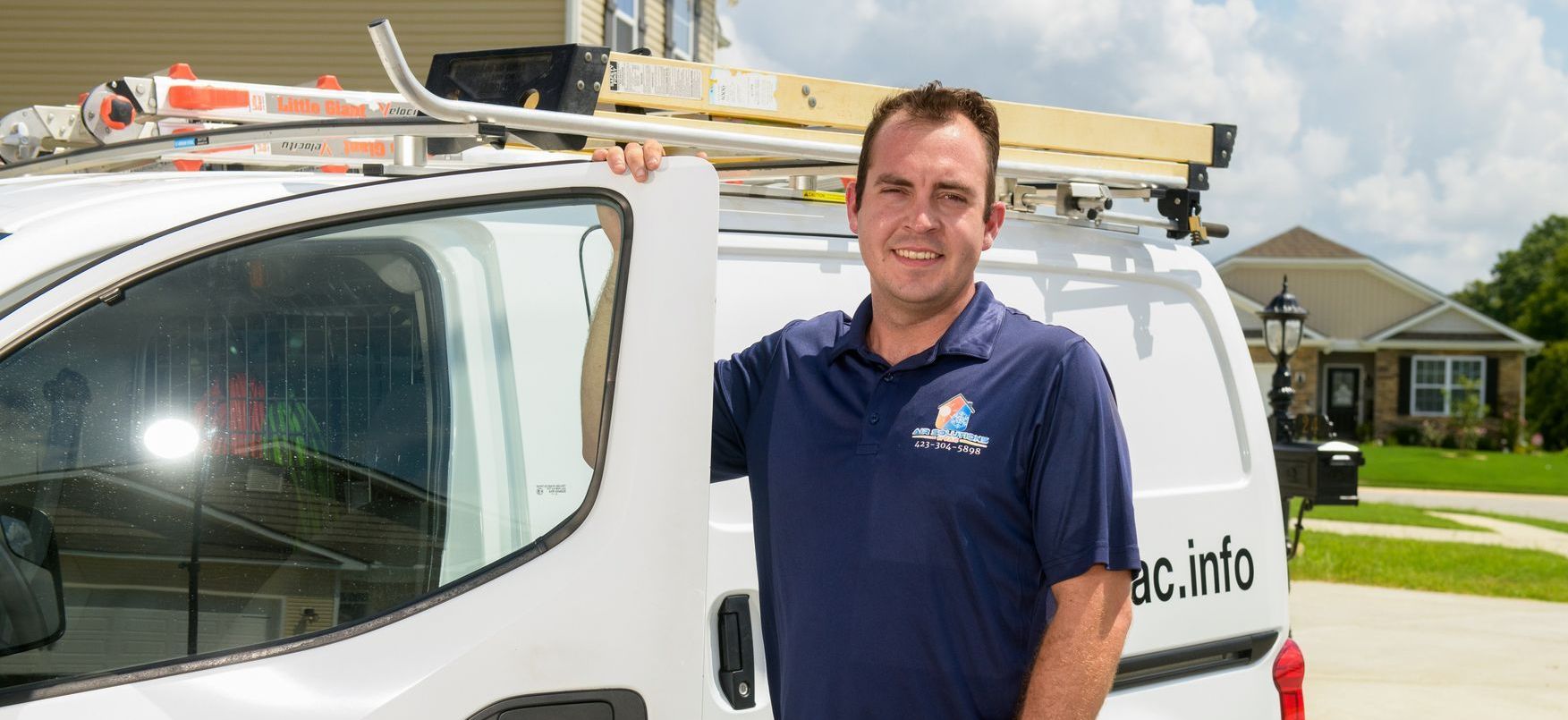
By AIR SOLUTIONS HVAC
•
December 18, 2025
Living in Chattanooga, Te nnessee means experiencing hot, humid summers and chilly winters. Your HVAC system works overtime to keep your home comfortable year-round. But without regular maintenance, even the best systems can falter when you need them most. The Importance of HVAC Maintenance Regular HVAC maintenance isn't just about preventing breakdowns; it's about ensuring efficiency, safety, and longevity. Here's why it's essential: Enhanced Efficiency : A well-maintained system operates more efficiently, reducing energy consumption and lowering utility bills. Extended Lifespan : Routine check-ups can extend the life of your HVAC unit, delaying the need for costly replacements. Improved Air Quality : Cleaning and replacing filters ensures the air circulating in your home is clean and free from allergens. Peace of Mind : Knowing your system is in top shape provides comfort and confidence, especially during extreme weather conditions. What Does Maintenance Involve? At Air Solutions HVAC , our comprehensive maintenance services include: Inspecting and cleaning coils Checking electrical connections and wiring Testing system controls and thermostat operations Replacing or cleaning air filters Inspecting the heat exchanger and burner assembly Checking for gas leaks and ensuring safety controls are operational Regular maintenance not only keeps your system running smoothly but also identifies potential issues before they become major problems. Affordable Maintenance Plans Understanding that every homeowner has unique needs, Air Solutions HVAC offers tailored maintenance plans: Bronze Package : Annual check-up with essential services to keep your system in check. Gold Package : Bi-annual visits, priority service, and discounts on repairs. Platinum Package : Comprehensive coverage with additional perks like service call waivers and significant discounts on new systems. These plans are designed to provide value, convenience, and peace of mind. Don't Wait Until It's Too Late Proactive maintenance is the key to uninterrupted comfort. Don't wait for a breakdown to think about your HVAC system's health. Our team is dedicated to keeping Chattanooga homes comfortable, efficient, and safe all year long. Call Air Solutions HVAC today at (423) 304-5898 to schedule your maintenance service or to learn more about our maintenance plans.
